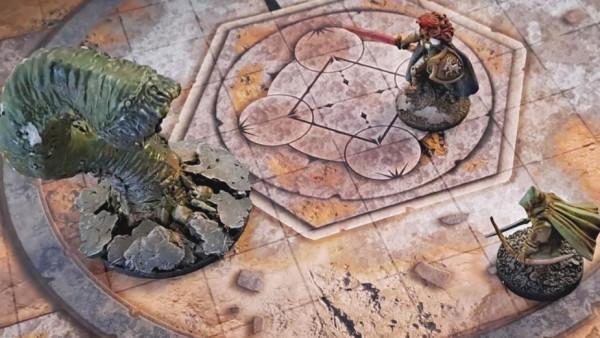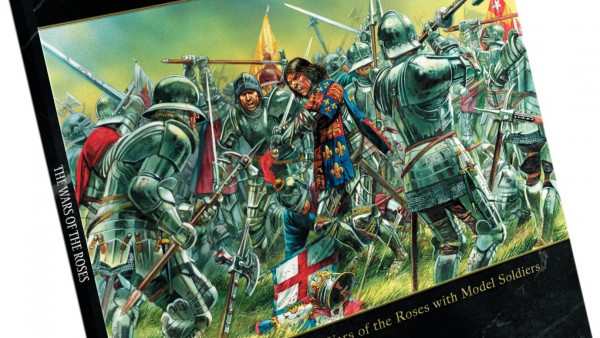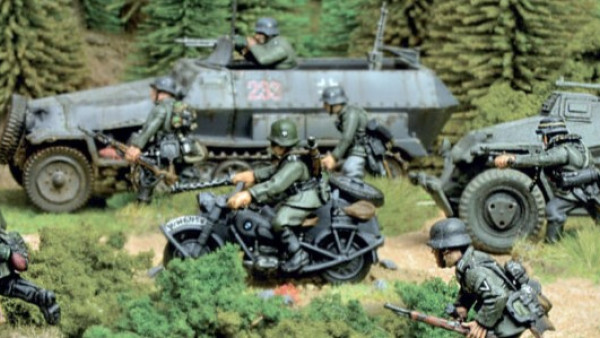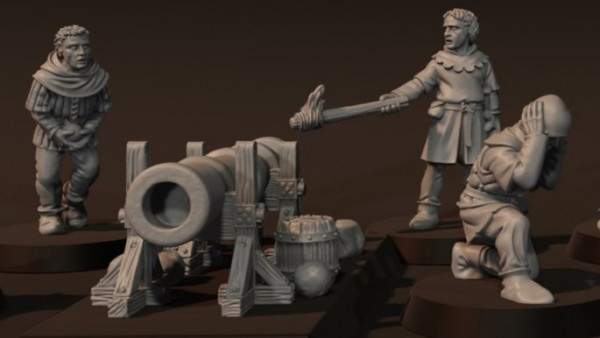Home › Forums › Historical Tabletop Game Discussions › Inaccessibility of Historical Wargaming › Reply To: Inaccessibility of Historical Wargaming
I think it is a bit of both.
Some people are blind to other systems, because they have invested heavily into their current one.
While some will be fanatical in their believe that theirs is ‘the one to rule them all’ others might make the switch once they discover that in historical games the rules tend to be interchangeable as units aren’t exclusive to specific systems.
The latter is a feature that the non-Historical gamers may not be familliar with due to the fact that companies like GW enforce this in their ‘official’ games and media by marketing/branding the heck out of it.
Heck, it might feel like cheating at first when you discover that you don’t need to buy the “official” brand for a specific game.
Then there’s the other side of the coin : the rivet counters.
They are effectively the historical version of the rules lawyer at times, because they can forget that people can have fun without following the exact circumstances/technology to the letter. Your Pegasus bridge discussion is an example.
Yes. Being able to fire across the entire bridge definitely changes the game and brings that scenario closer to reality.
However when you follow that scenario then you’d also have to prevent the Germans from doing anything until the first shots are fired and/or the British fumble their initial stealth advantage. That is a feature that can feel non fun, especially if they’re lucky with their initial round of shooting.
Can it be solved ?
Of course … but it will depend on both sides of the equation.
Those new to historical gaming need to learn that there are more options than just the one.
The ‘rivet counters’ need to learn that not everyone is interested in perfect historical accuracy.
Some people don’t mind the fact that they might be playing 40k with the trappings of WW2.
It isn’t a matter of being ‘lazy’ when doing research. There is a practical limit to the depth of research, which will be depend on the material and time available.
Remember : real historians can spend decades researching the circumstances of certain events … and we’re playing games.
It’s a matter of being allowed to find your own definition of fun when playing a game.
I’d finish with stating that there are 3 levels of gaming :
- realistic : ‘perfect’ historical accuracy and authenticity
- arcade : 40k with machineguns, authentic gameplay isn’t even the goal …
- semi-realistic : a mix between both extremes where sacrifices are made in the name of sanity, fun and time
Every rule system will fall somewhere between those options.
It’s up to the gamers to discover where they have the most fun.
And as with anything … that means you’re going to have to make sacrifices if you want to play a game at all.

































![How To Paint Moonstone’s Nanny | Goblin King Games [7 Days Early Access]](https://images.beastsofwar.com/2024/12/3CU-Gobin-King-Games-Moonstone-Shades-Nanny-coverimage-225-127.jpg)





































